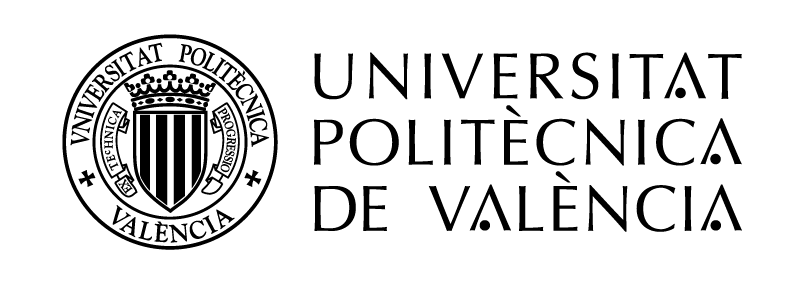1as Jornadas Hacia una Nueva Cultura Científica
Permanent URI for this collection
Las Jornadas Hacia una nueva cultura científica buscan fomentar la investigación responsable en la comunidad universitaria, en sintonía con los principios de la RRI (Responsible Research and Innovation): educación científica, igualdad de género, acceso abierto, gobernanza, ética y participación ciudadana. Desde la institución universitaria es imprescindible impulsar, formalizar, vertebrar e interiorizar estos principios, para que los esfuerzos individuales de los investigadores consigan transformar la sociedad y hacer frente a los grandes retos.
La constante transformación en las relaciones entre las personas y el mundo genera nuevos retos sociales, y requiere un enfoque colaborativo en la investigación entre equipos multi e interdisciplinarios y la ciudadanía, para responder a las demandas sociales y tratar de, en palabras de Bruno Latour, "aterrizar" juntos en un "mundo común a compartir".
Las Jornadas Hacia una nueva cultura científica forman parte del proyecto Ciudadanía científica, una iniciativa del Vicerrectorado de Arte, Ciencia, Tecnología y Sociedad (ACTS) de la Universitat Politècnica de València, para incentivar la participación ciudadana en los procesos de investigación científica e innovación tecnológica.

